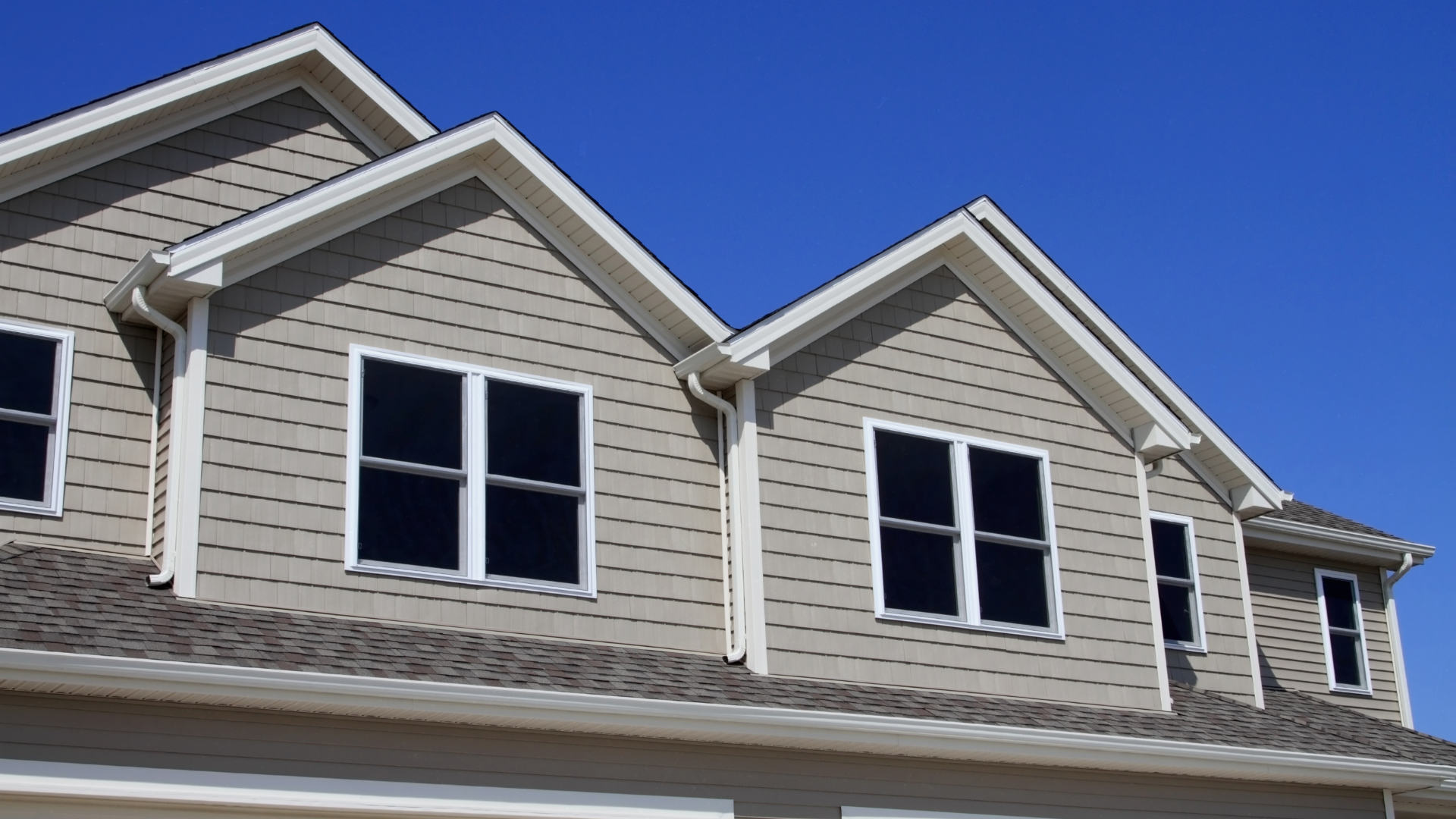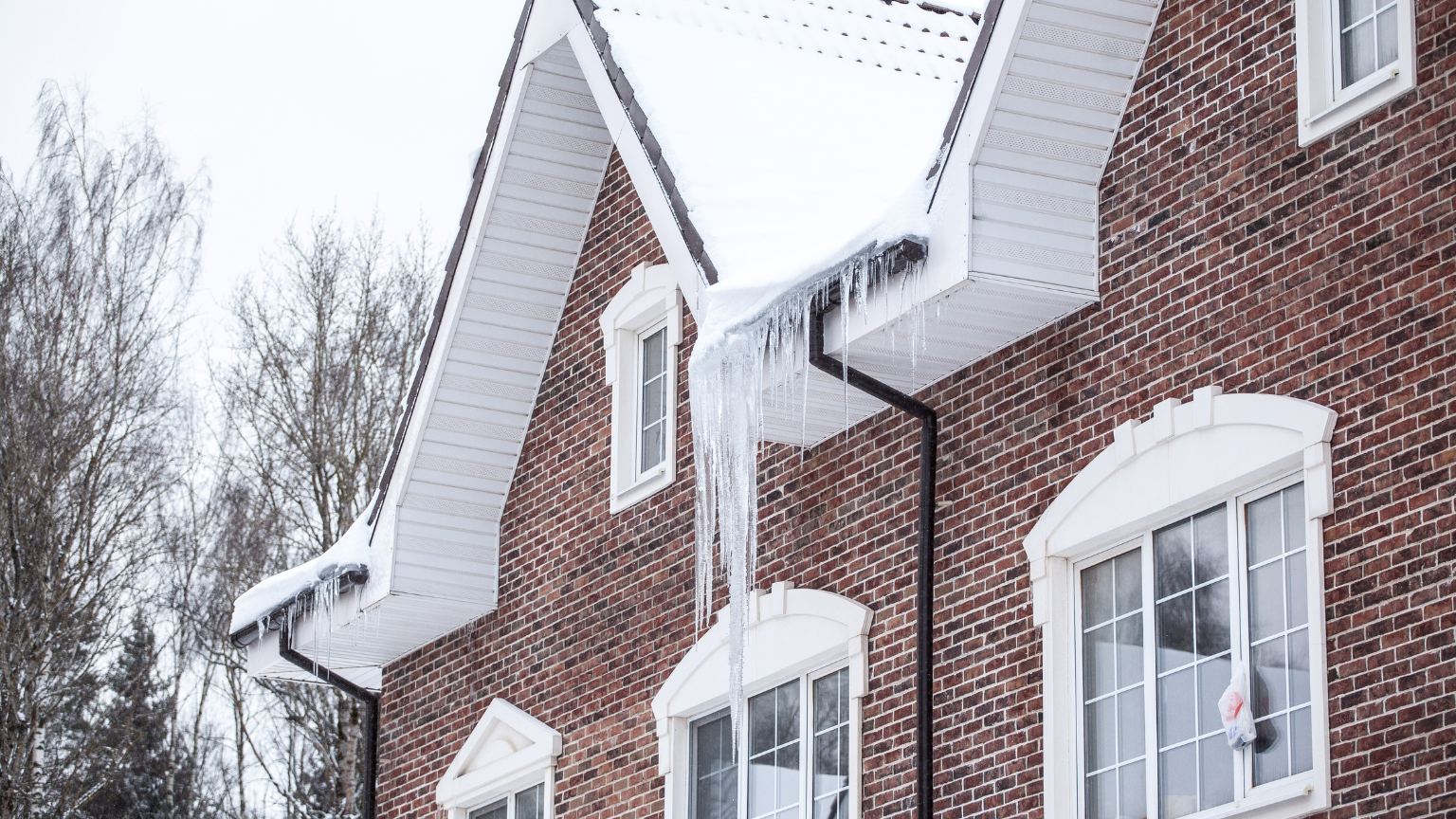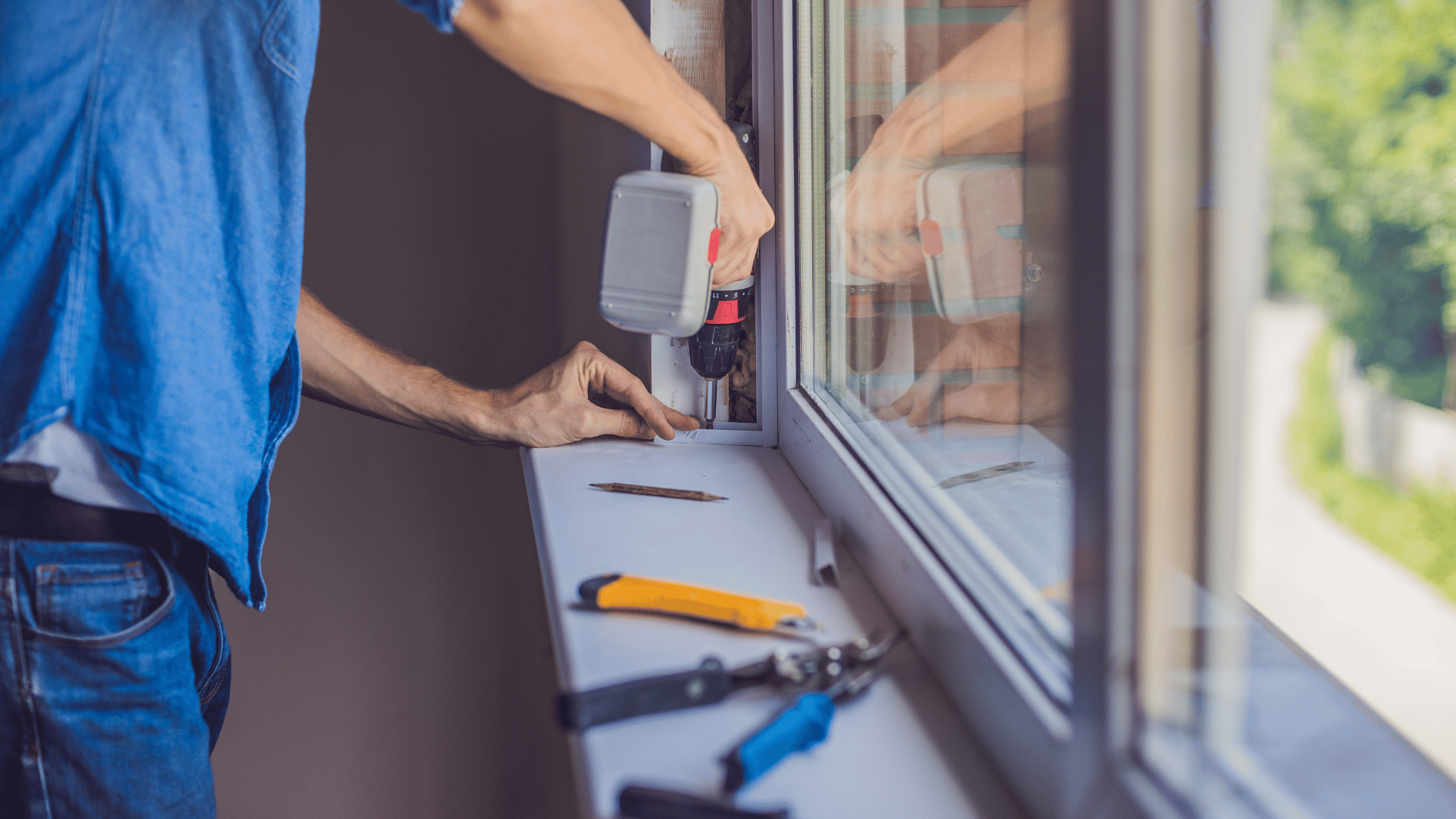How Often to Replace Windows: A Comprehensive Guide
Windows play a crucial role in your home’s energy efficiency, comfort, and aesthetics. Knowing how often to replace them can help maintain the value and functionality of your home. Here’s a detailed look at the frequency of window replacement and the factors to consider.
Should You Replace Your Windows?
On average, homeowners should consider replacing their windows every 15 to 20 years. However, this timeline can vary based on the quality of the windows, the materials used, and the environmental conditions they face.
Signs That It’s Time for a Replacement
1. Visible Damage and Decay
- Rotted or Warped Frames: Wooden frames are particularly susceptible to rot, especially in humid climates. Warped frames can compromise insulation and energy efficiency.
- Cracks or Chips: Damaged glass panes not only look unsightly but can also pose safety risks and reduce the window’s efficiency.
2. Drafts and Poor Insulation
- Cold Drafts: If you notice drafts around your windows, it’s a sign that they are no longer sealing properly, leading to higher energy costs.
- Increased Energy Bills: A noticeable increase in your energy bills may indicate that your windows are losing their insulating properties.
3. Difficulty Operating Windows
- Sticking or Jamming: Windows that are hard to open or close can indicate warping or balance issues.
- Broken Locks: Faulty locks can compromise your home’s security.
4. Condensation Between Glass Panes
- Foggy Windows: Condensation or fogging inside double or triple-pane windows usually means that the seal is broken, reducing the window’s insulation capabilities.
5. Noise Reduction
- Excessive Noise: If you hear more outside noise than usual, your windows might not be insulating sound effectively anymore.
Factors Affecting Window Longevity
1. Material Quality
- Vinyl Windows: Generally last 20-25 years with minimal maintenance.
- Wood Windows: Can last up to 30 years with proper care, but are vulnerable to rot and weather damage.
- Aluminum Windows: Durable and can last 20-25 years but may conduct heat and cold.
2. Climate
- Harsh Weather Conditions: Homes in areas with extreme temperatures, high humidity, or frequent storms may see their windows wear out faster.
3. Installation Quality
- Professional Installation: Proper installation is critical. Poor installation can lead to drafts, leaks, and reduced lifespan, so always hire professionals.
4. Maintenance
- Regular Upkeep: Cleaning, sealing, and inspecting windows regularly can extend their lifespan. Addressing minor issues promptly can prevent major problems.
Benefits of Replacing Your Windows
- Energy Efficiency: Modern windows provide better insulation, reducing your energy bills.
- Enhanced Comfort: Improved temperature regulation and reduced drafts.
- Increased Home Value: New windows boost curb appeal and resale value.
- Noise Reduction: Better soundproofing from outside noise.
- Safety and Security: Advanced locking mechanisms and shatter-resistant glass improve security.
Hire a Professional for Window Replacement
Windows are a vital part of your home’s structure and comfort. Regular inspection and timely replacement can ensure they function effectively and efficiently. While the average window lifespan is 15-20 years, staying vigilant for signs of wear and addressing issues promptly can prolong their service life.
If you suspect it’s time to replace your windows, contact Doug’s Painting and Contracting for a professional assessment and quality window replacement services. Our expert team will help you choose the best windows to enhance your home’s efficiency and appeal. Get a quote today!



